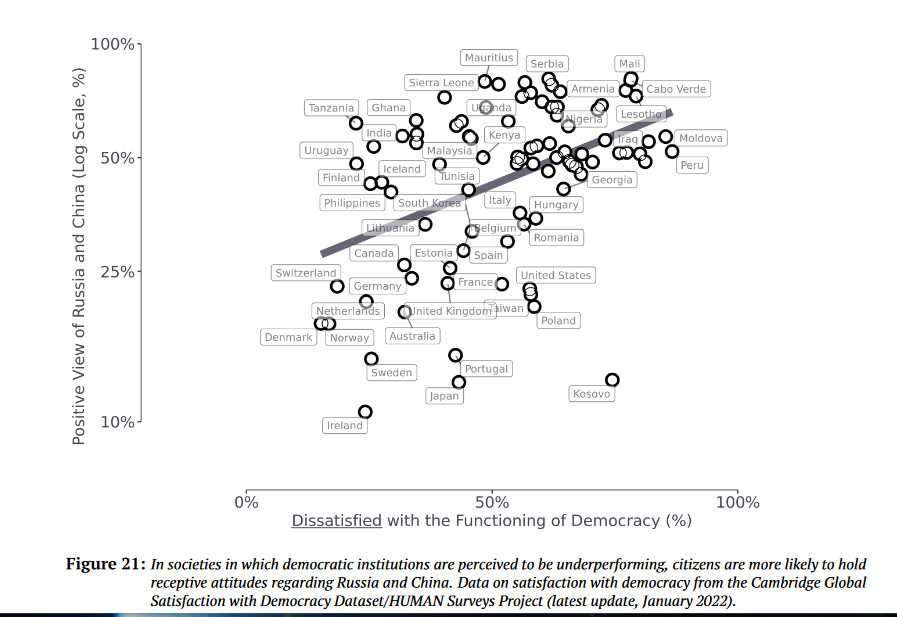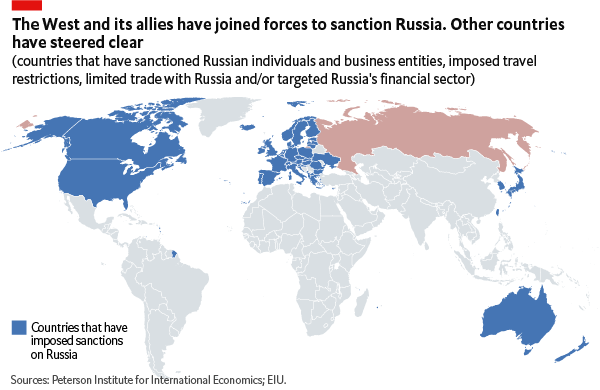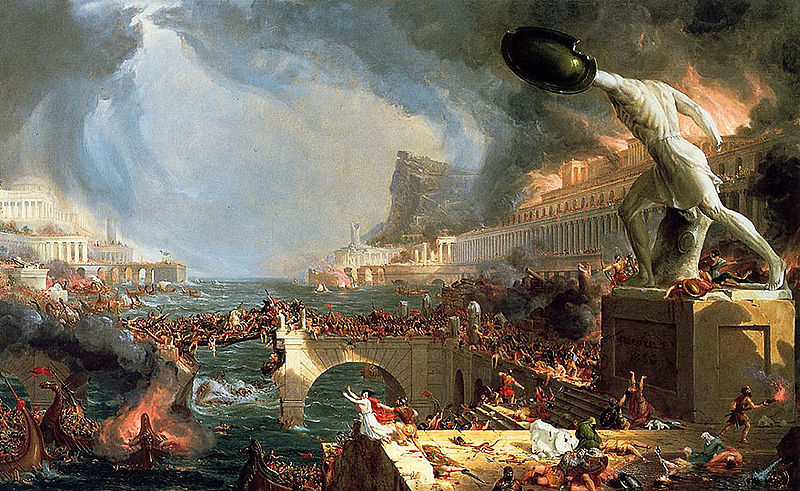I don’t usually write about my personal life much, but today will be an exception.
The other day I had to go the hospital, to a cancer clinic (nothing to sweat, I have a type of cancer with a 98% survival rate) and the clinic I was at had only one doctor. It normally has three or four. I asked the nurse, and she told me that the others were out with Covid.
Emergency departments across Canada are having shut-downs because they don’t have enough nurses. Covid, either temporary, or nurses having quit because they can’t take the over-work any more.
Before Covid, at the same hospital I’m going to now, imaging tests for possible cancer got done in a month. After Covid, it was about 8 months, and treatment didn’t start until about 11 months. Before, 2 months.
As I say, I’ll probably live, but if I die of cancer, it will be because of, not Covid, but because of the way Covid was mishandled. For cancer, how fast you act matters. Taking an extra 9 months to start treatment isn’t a small thing: it’s a lot of dead people.
If I die, it’s a marginal (or excess) death. It doesn’t get put down as Covid, and it isn’t, but it is because of how Covid was mishandled.
And, of course, what is the government response to hospitals being slammed “we should get the private sector to do some of this stuff.” Classic neoliberalism: “make service shitty, then privatize.”
But this sort of thing is all across the spectrum. I’ve got friends on the edge, people who would have been OK ten years ago, who are now not OK. The cheap places for rent have mostly gone away; generally speaking rent at the bottom end in Greater Toronto is up about 80 to 100%, if you can find anything at all at the bottom price ranges.
More homeless people. More people paying most of their wage on rent and skimping on food and dental and medicines, because universal health care doesn’t cover dental, and Canadian drug prices are bad, just not completely “American whacked.”
As conditions get worse, people who would have made it, don’t: they get pushed off the edge, because there isn’t as much “safe” space. Homeless, sick, dead, poor.
I’m poor, have been for somewhat less than a decade now, and I’ve been poor in the past, particularly in the early 90s. (In the old days I didn’t ask readers to funds, because I didn’t need to.) I don’t use social support other than some help for cancer meds but when you’re poor, who you know includes other poor people
This period is far worse for people on the margins than the early 90s were, and they were, anecdotally and statistically, worse than the 70s.
So there are more homeless. More dead people. People who under previous regimes would have made it, stayed housed, stayed healthy, stayed alive, aren’t.
It’s a trend, it’s been a trend for over 40 years now, but it’s an accelerating trend.
The rich are running out of money to take. In America and the UK they’ve shattered the middle and working classes, In Canada and much of the rest of the world they’re working on it. I’d guess Canada has 15 to 20 years before it reaches about where the UK is now, and where the UK is that they’re going to slide to 3rd world status. In principle it can be turned around, but in practice it’s unlikely to be. That’s why I supported Corbyn so hard, because he was the last chance they were going to get.
This trend is accelerated by climate change, and by the insistence on fighting a cold war with China and Russia. Right now the primary target is Russia, yes, but the real target in China. Breaking Russia would weaken China massively, and China is the actual threat to the current hegemonic structure, not Russia, which is not a superpower any more, just a great power (and a fairly weak great power in certain ways.)
The point here is that the way the elites are running the world, and most nations, and Canada where I live is a direct threat to my life at this point, and to many many other people. I have joked that I’m damn glad I got cancer now, because even though treatment is delayed, I’m getting it. In 10 years, I don’t know. I’m seeing stories in the UK of people who have to go private because the NHS is so overwhelmed.
To state what’s obvious private isn’t some miracle. It doesn’t create resources the society doesn’t have, it just distributes them differently: to those who can pay. In fact, generally speaking private uses more resources, because it has to make a profit.
Meanwhile the fact is that the world’s resources are actually shrinking. When climate change dries up rivers and burns up forests and increases bad weather and droughts; when aquifers go dry and glaciers and snow packs(resevoirs of water) diminish and die; when biodiversity crashes and fish stocks go away, the real resources we need to survive are being reduced, close to permanently, since recovery will take a long time even where it is possible.
With people having less resources, they can withstand less shocks, and with resources concentrated at the very top end, many people can’t take hits. More and more people are one hit away from homelessnes or death, and to top it all off Long Covid disablement is soaring and will soon be in the double digits in many Western nations.
This is, then, the culling. It’s been going on for a long time, but it’s speeding up. I wrote for a couple decades to warn other people, and now I can see my personal horizon: I can see when I’ll be on the edge. I’m already on the edge, really, as my emergency fundraiser (a first) and the delays in my cancer treatment show. I used to be able to keep other people out of poverty with help, now the aid I can give is restricted. I’m no longer much of a material resource for other (though I help with showers and food and sleep).
But this isn’t mostly about me, it’s about a lot of people being pushed towards the cliff. It’s about you and people you know. Even a lot of people in the middle class have no resiliency left: one bad bounce and off the cliff they go.
The next stage is the elites turning on each other. Having stolen all the fat and most of the muscle of the lower and middle class, they’re going to see no choice but start chewing on societies organs and to start seriously preying on each other, because there’s hardly any reserve left. In the UK, the NHS is the only major thing left worth selling. Once that’s gone, there’s nothing left to loot. All the stuff worth having will be held by other rich people.
Now, there are a few points here, and readers will have picked out some of them, but let’s state a couple clearly.
First, a lot of people, a hell of a lot of people, aren’t going to make it. If you want to not be one of them; if you want your friends and other people you care about not to be one of them, you’re going to need to do something. Probably the best thing is to organize in groups. Do what you can to help yourselves, and make it clear to the rich and powerful that your problems are theirs: that if you get pushed off the cliff, you’re going to make it hurt them.
The second is that on the mass scale, it’s now us or our elites. They go, or we go, and they want it to be us.
Plan for this era. Climate change is now and it’s just going to get worse and our elites are going to become greater and greater predators, trying to liquidate everything they can find to keep themselves in power.
Remember that personal resilence has its limits: you need other people who care about you and have the ability to help. You need more than family, you need a community, a group and that group needs to take care of its prosperity and have a commitment to caring for its own people.
We did that thru government for a long time, but government isn’t going to hack it for a lot of people. When times like that happen, you form your own mini-governments to do what larger society won’t.
It’s sad, it’s bad, and it’s what millions of people, including myself, spent our lives fighting to avoid, but it’s here and that’s just how it is. Even if some societies turn it around and start doing the right thing, it’s unsure which ones those will be and by the time they get to it, if you aren’t caring for yourself and your chosen group, you may be dead or on the street.
And understand that everyone’s doing the wrong thing. No major society is taking this seriously. When they stop building suburbs and stop pushing cars and stop allowing planned obsolescence, you’ll know they’re serious. No government which has not done at least those three thing is serious, and since our entire economy is built around cars, real-estate expansion and throwing shit out which was designed to last only a few years, we haven’t even started.
Be well, take care of yourselves, and if you can, please organize and take care of others.
DONATE OR SUBSCRIBE




